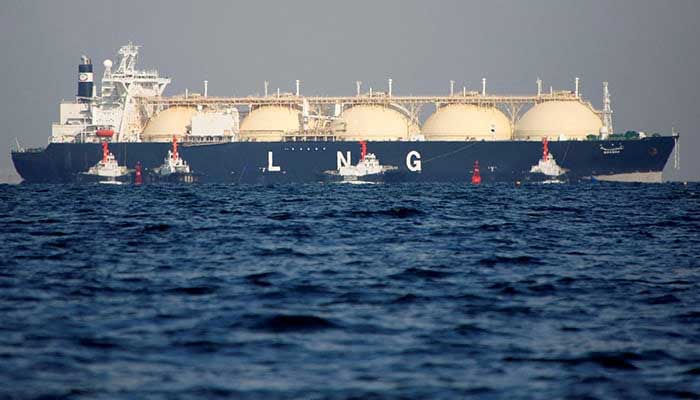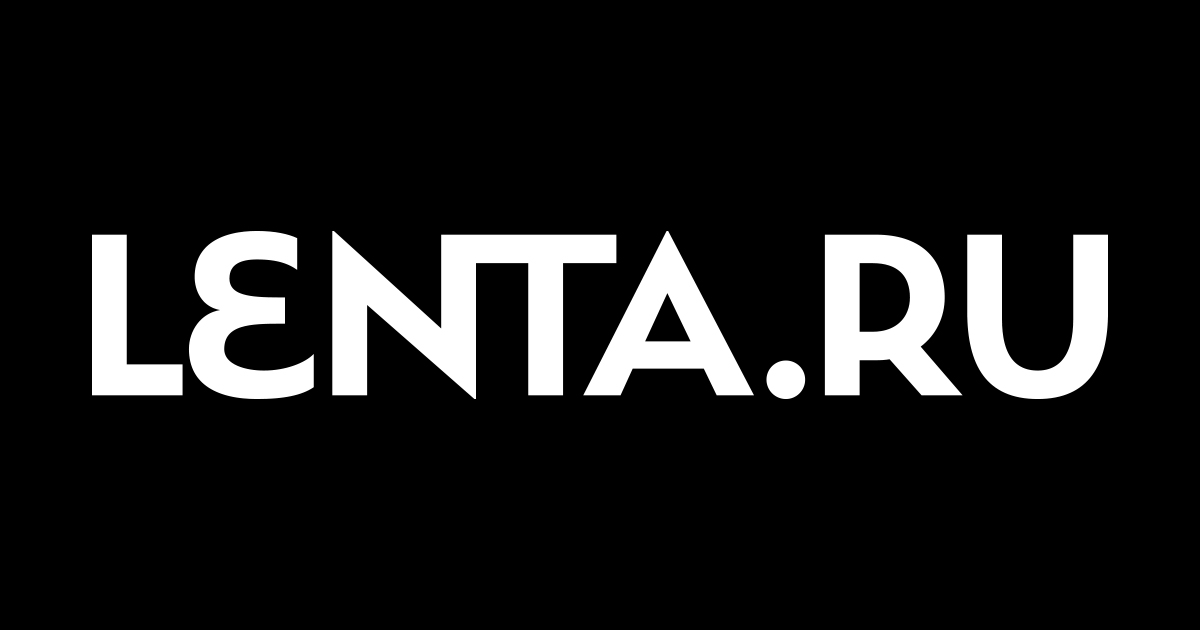

- Pervaiz Malik urges merit-based appointments to energy committee.
- Legal oil use in Balochistan surged after Iran border closure: Malik.
- Govt mulls crude oil imports from US as WTI becomes cost-effective.
ISLAMABAD: Federal Minister for Petroleum Pervaiz Malik has cautioned that Pakistan may face a surplus of imported Re-Gasified Liquefied Natural Gas (RLNG) if the power sector fails to lift its committed volumes, saying the government is exploring options — including supply diversion — to prevent stockpiles, The News reported.
“There will be no surplus RLNG if the power sector takes its committed volume,” Malik said, highlighting the urgent need for improved coordination across the energy chain.
He also called for a merit-based composition of the Cabinet Committee on Energy (CCOE), urging the inclusion of the Finance, Power, and Petroleum ministries. “Nominations to the Cabinet Committee on Energy should be based on merit instead of personal like or dislike,” he remarked.
Commenting on potential US crude oil imports, Malik said, “We will look to the import of American crude with open mind,” noting that the WTI benchmark was cheaper than other crude grades [Brent].
Malik revealed that the closure of Pakistan’s border with Iran amid regional tensions had led to a spike in legal fuel consumption in Balochistan — a telling indicator of rampant past smuggling. “In June 2024, the oil supply in Balochistan was 8,500 tonnes for the entire month. After the border closure in June 2025, that same volume was consumed in just one week,” he said, adding that he had asked Ogra to provide data on Iranian oil smuggling.
The minister also said a high-level ministerial committee was evaluating options regarding potential waivers for oil and gas imports from Iran amid ongoing tensions. He added that Pakistan and Iran remained engaged in arbitration proceedings in Paris over the long-stalled Iran-Pakistan (IP) gas pipeline project.
On the LNG front, Malik admitted that the second LNG contract with Qatar had created complications. “If there has not been such LNG contract, we might not be facing the current situation of default in the gas sector,” he said, noting the government had been forced to suspend 300mmcfd of local gas production.
Defending the recent hike in fixed gas charges, Malik cited financial constraints. “Rs150 billion subsidy to protected gas consumers in addition to Rs250 billion RLNG diversion from power to domestic consumers compelled the government to increase the fixed charges,” he said. “We are in IMF program which wants zero deficit.”
He supported the idea of a unified Energy Ministry and emphasised the Petroleum Division’s role in decision-making.
On the geopolitical front, Malik said Pakistan had invited China, Russia, and the US to invest in mining. “We are offering equal opportunities,” he said, rejecting any claims of favoritism.
Regarding refinery upgrades, he criticised the imposition of regulated margins and zero-rating tax policies, saying they jeopardise $6 billion in planned investment. “Undue burden should not be put on refineries if the government wants them to invest $5-$6 billion,” he warned.




